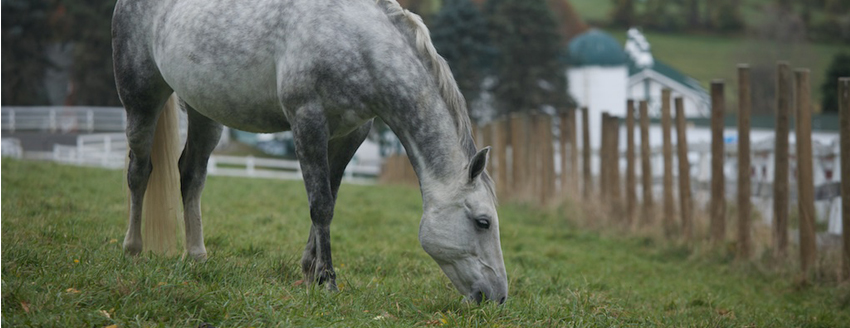East of Hudson (Croton)
 The Watershed Agricultural Council works with farm and forest landowners in the East of Hudson Watershed to address potential pollution concerns and protect New York City’s water supply. The East of Hudson portion of the watershed is New York City’s original upstate water supply has been providing safe, clean drinking water to the city since 1842. It covers 375 square miles in Dutchess, Putnam, Westchester and Fairfield counties with 13 reservoirs and 3 controlled lakes.
The Watershed Agricultural Council works with farm and forest landowners in the East of Hudson Watershed to address potential pollution concerns and protect New York City’s water supply. The East of Hudson portion of the watershed is New York City’s original upstate water supply has been providing safe, clean drinking water to the city since 1842. It covers 375 square miles in Dutchess, Putnam, Westchester and Fairfield counties with 13 reservoirs and 3 controlled lakes.
Intense residential and commercial development has relegated farmland to a small portion of the region’s land base but agriculture remains an important component of the landscape. The East of Hudson Watershed is home to numerous horse boarding and training facilities, as well as orchards, nurseries and many vegetable and livestock farms. East of Hudson farms address the region’s increasing demand for fresh, locally-produced farm products through Community Supported Agriculture (CSA) programs, farmstands, pick-your-own fruit or vegetables and agritourism opportunities which draw thousands of people to the region from surrounding urban and suburban areas.
Farms and forests demonstrating good environmental stewardship and utilizing Best Management Practices are preferred land uses in the New York City watershed to protect the public water supply and preserve landscapes. The East of Hudson Program addresses unique water quality concerns on farms in the suburban areas where development pressure, dense populations and intense agricultural land use challenge environmental resources and water quality. The East of Hudson team works with eligible farm owners to identify and assess potential risks to the water quality, review the farm’s operation, develop a comprehensive Whole Farm Plan and provide technical assistance and funding to implement conservation practices.
The East of Hudson Program is a voluntary partnership between Watershed Agricultural Council and watershed farmers to protect water quality, improve their farms, and increase the regional viability of agriculture. If your farm or forest is located in the EOH watershed and you would like more information about the EOH program, please contact our Yorktown Heights office at (914) 962-6355.
